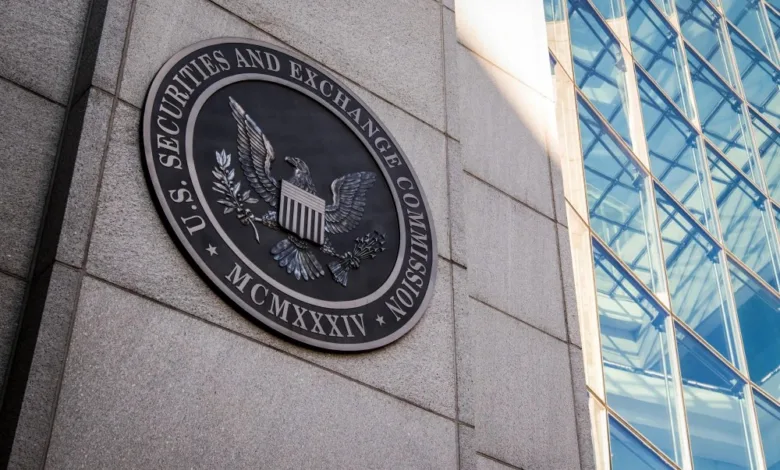
US Regulatory Agencies Explore Crypto Regulation Collaboration
Strengthening Crypto Regulation: SEC and CFTC’s Collaborative Endeavor
In recent developments, there are claims that the United States Securities and Exchange Commission (SEC) and the Commodity Futures Trading Commission (CFTC) are engaging in discussions to work together on cryptocurrency regulations. This initiative aligns with a strategic shift towards a more industry-friendly stance under the Trump administration.
Unveiling the Dialogue Between SEC and CFTC
On a notable Wednesday evening, Eleanor Terret, a journalist with FOX Business, brought to light that the SEC and the CFTC are actively exploring avenues for collaboration regarding cryptocurrency regulation. Establishing a definitive framework for digital assets is emerging as a top priority for both regulatory bodies.
Terret indicates that these agencies are contemplating the revival of the CFTC-SEC Joint Advisory Committee. This committee, established in 2010 by former CFTC and SEC chairs Gary Gensler and Mary Schapiro, has been dormant for over ten years. Its primary mission was to offer recommendations on ongoing regulatory issues, focusing on emerging risks and their implications for market participants and investors. The committee also aimed to enhance regulatory coordination efforts.
Revitalizing the Dormant Joint Advisory Group
In November 2024, Caroline Pham, the acting chair of the CFTC, publicly advocated for the reactivation of the joint advisory committee. She emphasized that this move would symbolize a new collaborative approach to regulating the cryptocurrency industry.
I am optimistic about the future, and I hope that in the coming year, the CFTC and SEC will take steps to reactivate the charter for the CFTC-SEC Joint Advisory Committee on Emerging Regulatory Issues, which has been inactive for a decade. This would strongly signal a cooperative and collaborative U.S. regulatory approach.
US Regulatory Bodies’ Efforts in Shaping Crypto Policies
The potential reestablishment of the joint advisory committee coincides with ongoing transformations within US regulatory agencies. Following Gary Gensler’s departure from the SEC, Mark Uyeda, the agency’s acting chair, initiated the formation of a Crypto Task Force.
This task force, spearheaded by the industry-friendly Commissioner Hester Peirce, aims to reassess the agency’s strategies for managing digital assets. Its mission is to develop a “comprehensive and clear” regulatory framework, adopting a more balanced and less risky approach than previous decades.
Commissioner Peirce recently conveyed to Bloomberg Crypto that the agency is striving to return to a policy development path that leverages its diverse tools, moving away from enforcement actions as a regulatory policy instrument.
Pro-Crypto Leadership Nomination at CFTC
Simultaneously, US President Donald Trump has nominated Brian Quintenz, known for his pro-crypto stance, to lead the CFTC. Quintenz, who served as a CFTC Commissioner during Trump’s initial administration, currently heads the Policy division at Andreessen Horowitz’s crypto sector.
In a social media post, Quintenz highlighted the CFTC’s crucial role in maintaining robust hedging and price discovery markets, underscoring the agency’s potential to position the United States as a global leader in blockchain technology and innovation.
Several industry leaders, including Ripple’s CEO Brad Garlinghouse and Strategy’s Chairman Michael Saylor, have expressed enthusiasm over Quintenz’s nomination. Commissioner Peirce also congratulated Quintenz, expressing optimism about increased SEC-CFTC cooperation, likening it to previous collaborations under Dodd-Frank Title VII, with a new focus on cryptocurrency.
Bitcoin (BTC) continues to exhibit dynamic trading patterns, influencing the broader cryptocurrency landscape. Stay informed about these critical regulatory developments and their potential impact on the digital asset market.







